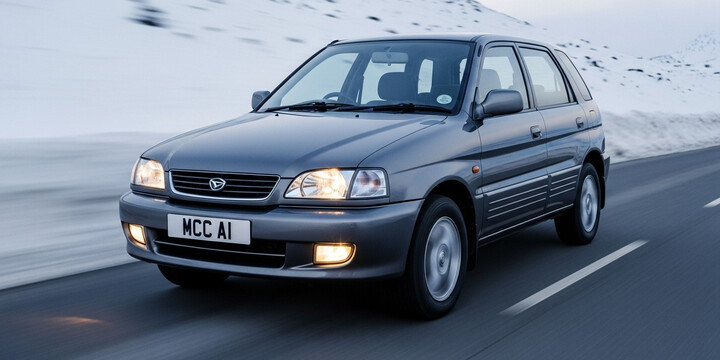DAIHATSU TERIOS (1997-05) 5DR STATION WAGON 1.3+

Buyer's Guide & Data from our Checks
The DAIHATSU TERIOS (1997-05) 5DR STATION WAGON 1.3+ is a compact SUV that fits into the city and family car market in the UK. Known for its practicality and flexible interior, this model is ideal for small families, daily commuters, or first-time drivers looking for an affordable and easy-to-handle vehicle. Its design emphasizes a higher driving position and versatility, making it suitable for navigating narrow city streets and short trips out of town.
From the data observed on mycarcheck.com, the DAIHATSU TERIOS (1997-05) has seen moderate usage, with an average recorded mileage of around 145,000 miles and typically owned by 2-3 keepers. The average valuation stands at about £500 in private sales, indicating that it’s an economical choice for budget-conscious buyers. Its relatively simple mechanics and reputation for reliability have contributed to steady demand among second-hand car buyers.
What makes the DAIHATSU TERIOS stand out in its class is its compact size combined with a spacious interior, making it practical for everyday use. While not the most powerful SUV, it offers dependable performance and fuel economy. Compared to rivals, it’s often valued for its affordability and straightforward driving experience, making it a popular choice for those seeking a versatile, no-fuss vehicle.
Key Findings
The following statistics are drawn from our checks of 2 different vehicles, run between July 29th 2021 and December 31st 2025. These real-world insights provide context for this vehicle's place in the market, as well as its typical usage.
4
Lookups
Lookups
1
Hidden Histories
Hidden Histories
153k
Average Mileage
Average Mileage
£500
Average Valuation
Average Valuation












